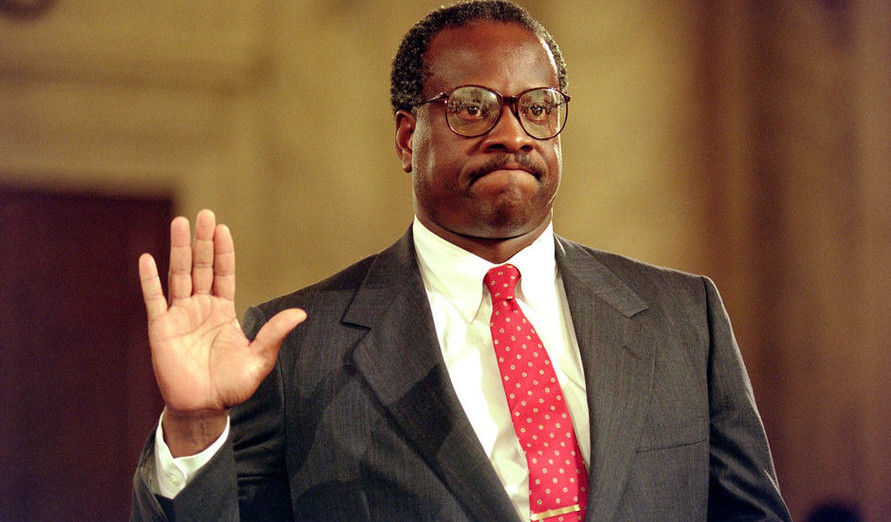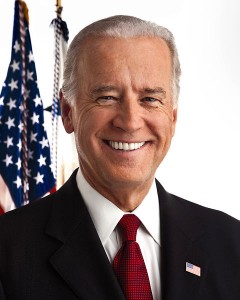A footnote now to the last quarter century of polarized American politics is the fact that Maya Angelou supported Clarence Thomas during his bruising, controversial Supreme Court nomination process. She believed he could be “saved” or “won over” or something, would become a generous soul. How’d that turn out? Did this sense of unity, as she termed it, really help African-American children? Did Citizens United or the near-dismantling of the Affordable Care Act help them? As always, there’s a real danger in having a big-picture view when interpreting individual people.
An excerpt from her 1991 New York Times op-ed:
In these bloody days and frightful nights when an urban warrior can find no face more despicable than his own, no ammunition more deadly than self-hate and no target more deserving of his true aim than his brother, we must wonder how we came so late and lonely to this place.
In this terrifying and murderous season, when young women achieve adulthood before puberty, and become mothers before learning how to be daughters, we must stop the rhetoric and high-sounding phrases, stop the posing and preening and look to our own welfare.
We need to haunt the halls of history and listen anew to the ancestors’ wisdom. We must ask questions and find answers that will help us to avoid falling into the merciless maw of history. How were our forefathers able to support their weakest when they themselves were at their weakest? How were they able to surround the errant leader and prevent him from being co-opted by forces that would destroy him and them? How were they, lonely, bought separately, sold apart, able to conceive of the deep, ponderous wisdom found in “Walk together, children . . . don’t you get weary.”
The black youngsters of today must ask black leaders: If you can’t make an effort to reach, reconstruct and save a black man who has been to and graduated from Yale, how can you reach down here in this drug-filled, hate-filled cesspool where I live and save me?
I am supporting Clarence Thomas’s nomination, and I am neither naive enough nor hopeful enough to imagine that in publicly supporting him I will give the younger generation a pretty picture of unity, but rather I can show them that I and they come from a people who had the courage to be when being was dangerous, who had the courage to dare when daring was dangerous — and most important, had the courage to hope.
Because Clarence Thomas has been poor, has been nearly suffocated by the acrid odor of racial discrimination, is intelligent, well trained, black and young enough to be won over again, I support him.
The prophet in “Lamentations” cried, “Although he put his mouth in the dust . . . there is still hope.”•


